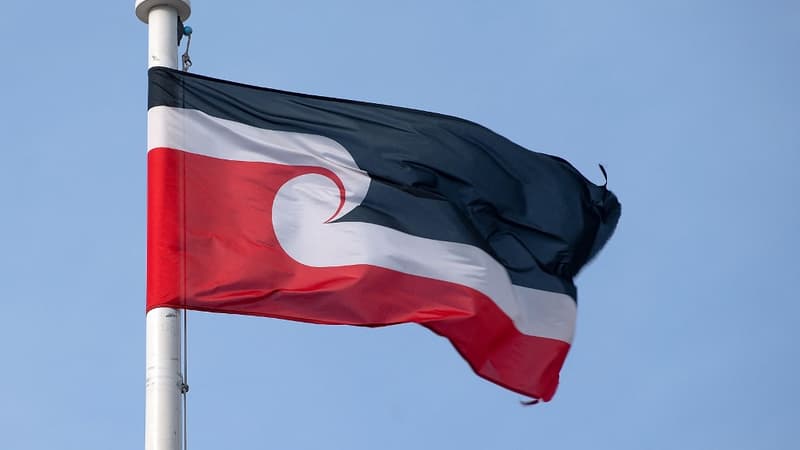The Oxford dictionary, which defines itself as the reference for the English language, has just added 47 words or expressions in Maori, the language spoken by the people of the same name, native to New Zealand.
With these additions, the institution said it recognized “the deep and lasting impact” of this indigenous language, also called Tereo, on the New Zealand language. Although some words are already in the volume, this change reflects “the substantial number of Maori words that have become part of the vocabulary of English-speaking Maori and Pākehā (non-Māori) speakers,” according to a statement from Oxford University Press, the dictionary editor.
“Kia pray and hoa”
The dictionary’s editors say they “searched archives, novels, newspapers and even Twitter” to find examples and uses of each word, Oxford University Press says.
Thus, New Zealanders will see in their English dictionary the Maori greeting Kia ora e hoa, which means “hello, friend”. We also find words like koha, a gift, or korero, a conversation.
However, as reported The Guardianthe dictionary does not spell Maori words with their macrons, that bar-shaped grapheme over certain letters, commonly used to signify a long sound or double vowel.
Words related to the earth and the environment.
Other novelties include words that encapsulate Maori concepts and have no direct equivalent in English, such as whenua – land, especially a Maori’s homeland – and rāhui, which is defined as a formal or ritualized prohibition against entering an area or performing a activity. , usually enacted temporarily to protect a resource.
In fact, several other words in this update are used in Maori contexts to refer to land or the environment, such as turangawaewae, which means a place where one belongs or where one has established a right of residence, or kaitiaki, which is used to refer to the custodian or administrator of the natural resources of an environment or place.
Combinations of English and Maori
Te reo Māori is already an official language of New Zealand. Since the 1970s, it has experienced a new impetus, the fruit of campaigns led by language activists and politicians.
Asking someone to be patient or wait, one of the new additions, taihoa, represents a mix of English and Maori language sensibilities. Many New Zealanders pronounce the word “tie-ho”, and many of them may not have known until a few years ago that they were using a Maori word, he explains. The Guardian.
“It’s a great example of something that can only make sense in New Zealand, that can only be created in New Zealand,” said John Macalister, professor of applied linguistics at Victoria University of Wellington. “I like it because it brings the history of this country and this society, and people use it without knowing where it comes from.”
Source: BFM TV


